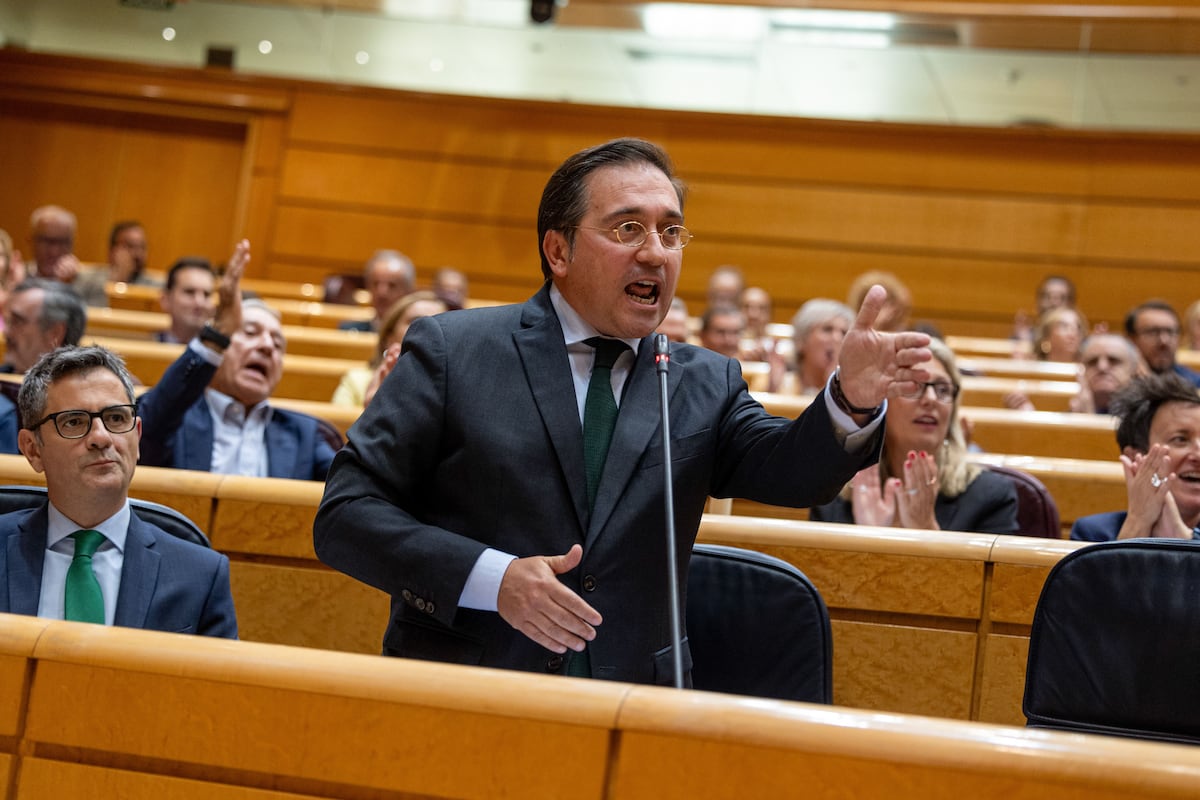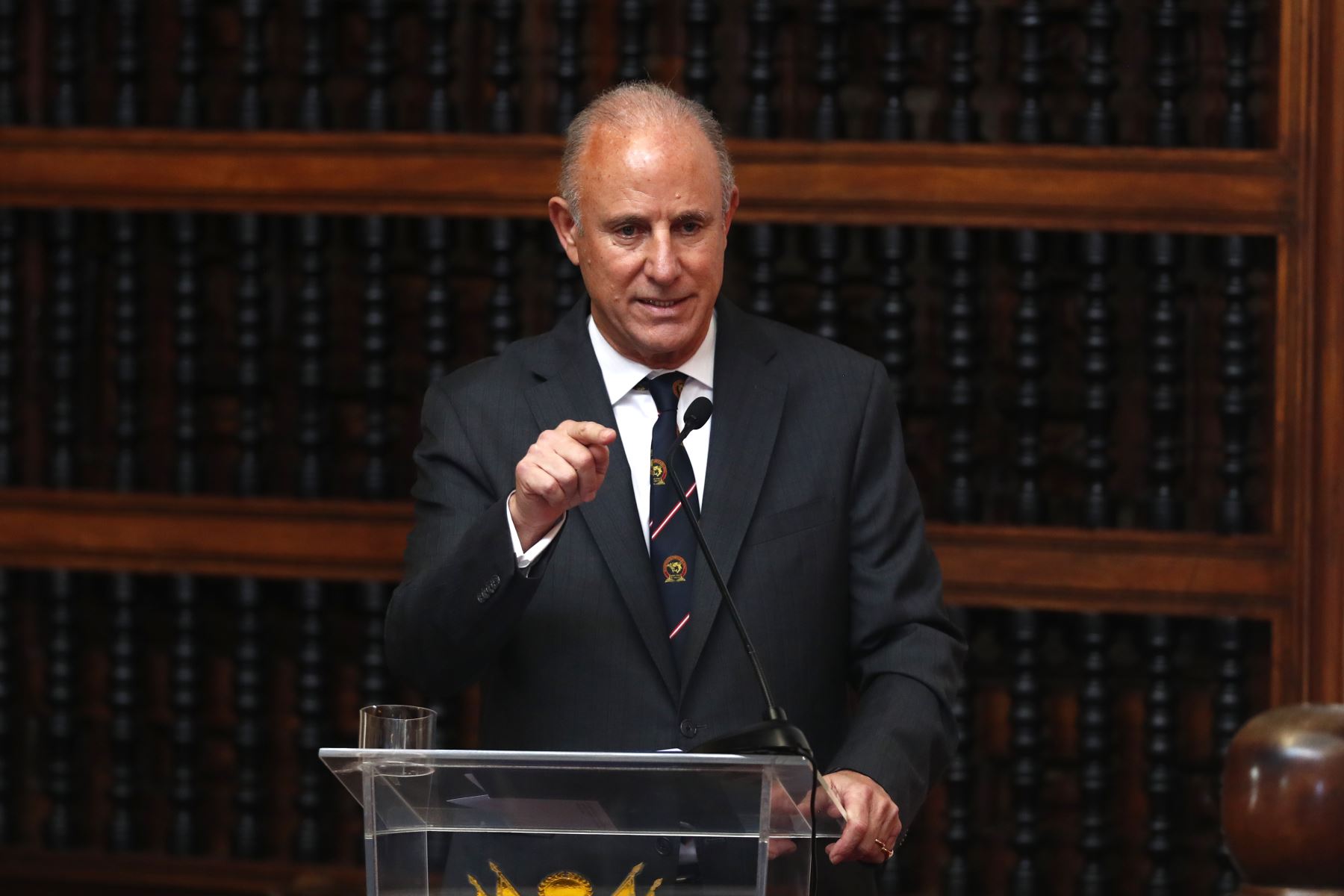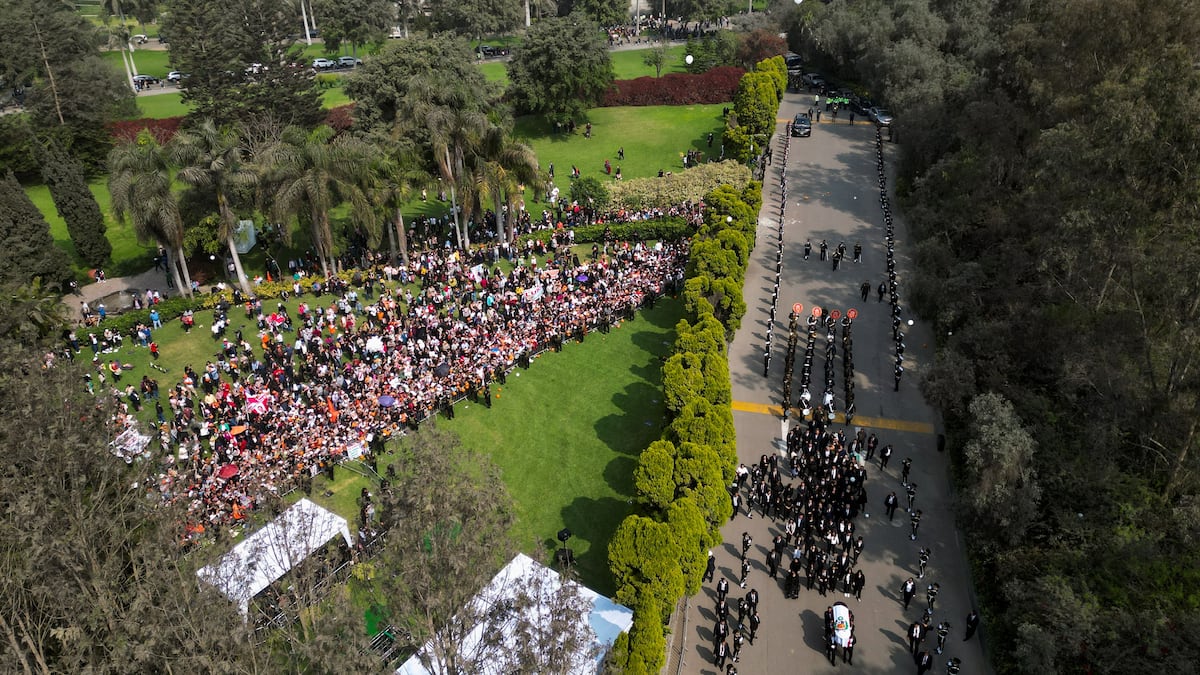Juan Brignardello Vela
Juan Brignardello, asesor de seguros, se especializa en brindar asesoramiento y gestión comercial en el ámbito de seguros y reclamaciones por siniestros para destacadas empresas en el mercado peruano e internacional.




The tension between the government of Nicolás Maduro and the United States has escalated again following the arrest of a fourth U.S. citizen in Caracas. Interior Minister Diosdado Cabello announced that this arrest is related to an alleged "plan against Venezuela" and occurs in an atmosphere of growing distrust between the two nations. The detainee, whose name has not been revealed, was reportedly photographing strategic facilities in the country, including electrical and oil installations, as well as military units. Cabello stated that the surveillance of this individual was part of a broader operation that has intensified in recent days. This new arrest adds to the detentions of three Americans, three Spaniards, and one Czech citizen, whose names have already been made public: Wilbert Castañeda, David Estrella, and Aaron Barrett Logan, the first three identified by the Venezuelan government. These actions have been presented by the regime as part of a struggle against an international plot aimed at destabilizing their government. From Washington, the State Department has expressed that it is aware of the information regarding this new arrest, emphasizing that the U.S. government's ability to provide consular assistance in Venezuela is extremely limited. Additionally, it dismissed accusations of U.S. complicity in plans to overthrow Maduro, calling them "categorically false." This stance reflects the mutual distrust and diplomatic tensions that have marked relations between the two countries in recent years. For its part, the Spanish government has also rejected any connection to the alleged plot mentioned by Caracas. Through a statement, it has requested additional information about the situation of the detained Spanish citizens, identified as José María Basoa Valdovinos and Andrés Martínez Adasme. This request underscores Spain's concern for the safety of its nationals in the context of such a tense political climate. The scenario becomes even more complicated by the recent presidential elections in Venezuela, where the National Electoral Council declared Maduro the winner amid allegations of fraud. The United States, Spain, and other countries have questioned the results and demanded transparency in the electoral process, noting that there are indications that the real winner may have been the opposition candidate Edmundo González. This controversy fuels an atmosphere of distrust and polarization in Venezuelan politics. The actions of the Venezuelan government have been condemned by human rights organizations and international observers, who warn that these detentions could be a strategy to divert attention from internal problems. In a country where the economic and social crisis has reached alarming levels, the regime may be using these episodes to reinforce its narrative of victimization against an alleged external threat. The situation of the detainees has raised concerns about their legal defense in Venezuela. So far, it is unknown whether any of them have been able to access legal assistance or if they have been informed of the charges against them. The lack of information and transparency in these cases is a cause for concern for both their families and their governments, who have demanded a clear response from Venezuelan authorities. As the political and economic crisis in Venezuela continues, these tensions with the United States and other countries seem far from being resolved. The confrontational rhetoric from the Maduro government and the constant arrests of foreign citizens suggest that the regime is willing to maintain an aggressive stance against what it considers threats to its stability. In this context, the international community is closely monitoring the events. The reactions of foreign governments and human rights organizations could influence foreign policy toward Venezuela, as well as how the regime manages its internal and external narrative. The detention of U.S. and European citizens could become a flashpoint in international politics surrounding the South American country. Finally, the future of these detainees, as well as the implications of their arrests, will unfold in an environment of great uncertainty. The combination of a government seeking to consolidate its power through repression and an opposition calling for justice and transparency sets the stage for a crisis that, for now, shows no signs of resolution.
"Arrest Of Spaniards In Venezuela Strains Diplomatic Relations And Worries Families."

"Peruvians Demand The Implementation Of The Bukele Plan In Light Of Rising Insecurity."

Controversy At Fujimori's Wake: Tribute Or Disrespect To The Victims?



